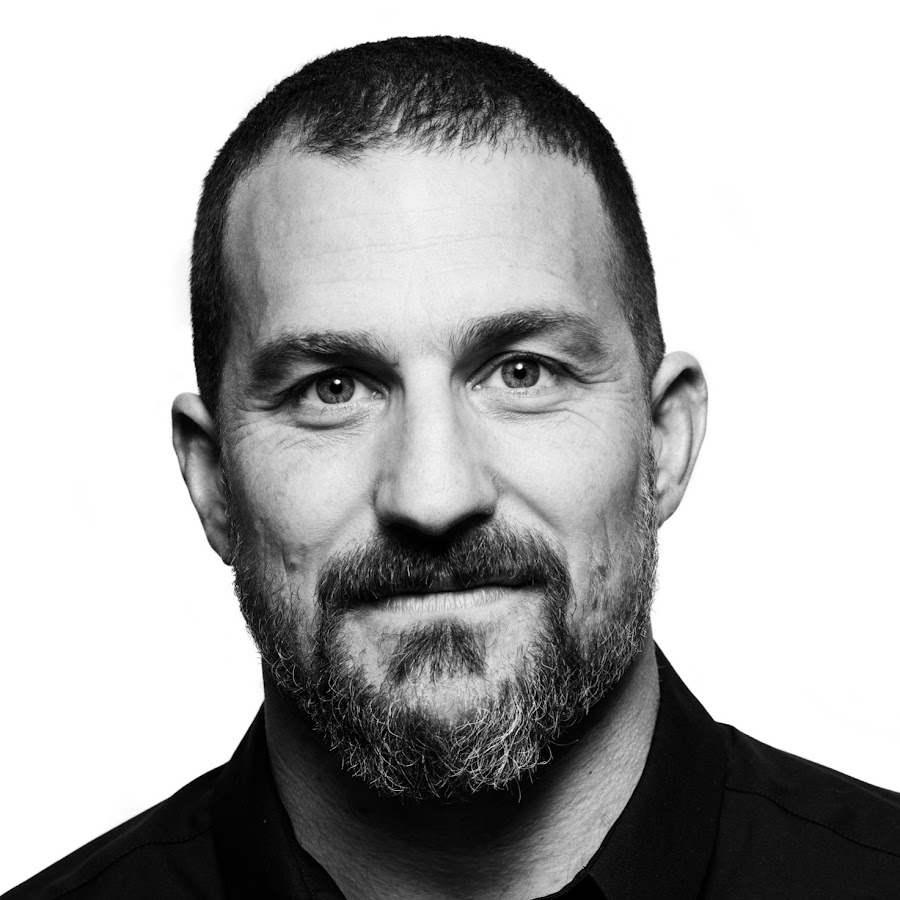Morning Supplement Regimen
- Athletic Greens AG1
- Nicotinamide mononucleotide (NMN)
- Resveratrol
- Spermidine
- Quercetin and Fisetin
Dr. David Sinclair on his morning supplements:
Athletic Green AG1
“Now, the third supplement I mentioned is Athletic Greens. Because I’m on a vegetarian/vegan diet, which I describe as being a newbie struggling vegan, I need to ensure I get all the necessary nutrients. Athletic Greens is full of vitamins and plant-based whole foods that ensure I don’t lack those nutrients. When you’re on a vegan diet and have also given up dairy, it’s crucial to make sure there’s adequate nutrition.”
“I typically follow a one-meal-a-day (OMAD) pattern, but I want to add another couple of letters to that, making it ANOMAD (Adequate Nutrition One Meal A Day). I just made that up, by the way, so consider it trademarked. Adequate nutrition is key, and that’s what Athletic Greens provides for me.”
Dr. David Sinclair’s Supplement Regimen:
Nicotinamide mononucleotide (NMN): 1g daily in the morning
To enhance absorption, David combines NMN supplements with olive oil or natural yogurt. NMN serves as a precursor to NAD+, a molecule essential for cellular metabolism and maintaining youthfulness.
Resveratrol: 1g daily in the morning
David pairs 1000mg of Resveratrol with olive oil each morning. This blend complements NMN by activating Sirtuin genes and aiding DNA repair processes.
Spermidine: 1 mg daily in the morning
Present in foods like cheese and legumes, Spermidine influences aging processes and may reduce the risk of various diseases.
Quercetin and Fisetin: 500 mg each daily in the morning
These flavonoids help eliminate senescent cells, decrease inflammation, and combat tissue damage associated with aging.
Vitamin D3: 4,000 to 5,000 IU daily
Critical for bone health and immunity, especially in individuals with vitamin D deficiency.
Vitamin K2: 180 to 360 micrograms daily
Supports bone and mitochondrial health, sourced from leafy greens and natural oils.
Statin: David has been using Statin since age 29 to maintain heart health, but its suitability varies among individuals.
Low-dose aspirin: 85 mg daily
May offer protection against heart stroke, but caution is advised due to bleeding risks.
TMG (Trimethylglycine or betaine): 500 mg to 1,000 mg daily
Supports liver health and cellular replication.
Omega 3: Essential for heart health and cognitive function, with a daily intake limit of 3 grams to prevent side effects.




